UK coronavirus lockdown: People in Spain, France and Italy tell us what life is REALLY like during lockdown
As Boris Johnson announces that pubs, schools and other public spaces are closed for the foreseeable future, the UK is facing the possibility full lockdown.

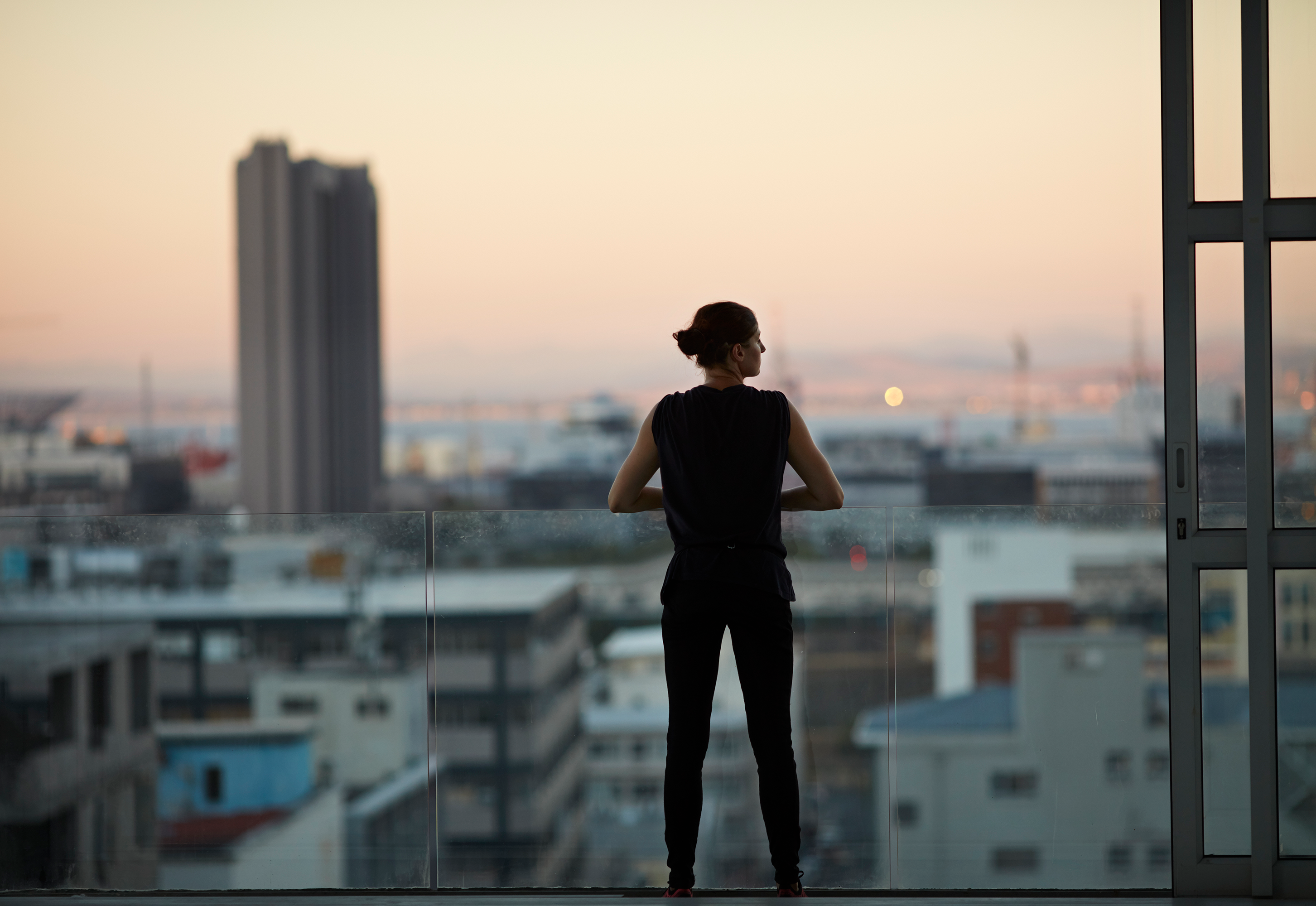
Parenting advice, hot topics, best buys and family finance tips delivered straight to your inbox.
You are now subscribed
Your newsletter sign-up was successful
Boris Johnson has placed the UK under a nationwide lockdown, as Brits continue to not comply with social distancing rules. Last night he told all those who are still congregating in public spaces, "you must stay at home".
For those living in countries like Italy, France and Spain, lockdown is already their reality. People across the countries are working from home with children, unable to leave the house without an official document explaining why, prevented from seeing their family and friends.
And it doesn't look like the restrictions are set to be lifted any time soon. With Italy now having overtaken China in the numbers of deaths due to COVID-19, and Spain announcing at least three more weeks of lockdown, could this become the new normal for these European countries?
Here they tell GoodtoKnow what life is like, and how lockdown is affecting them.
Italy
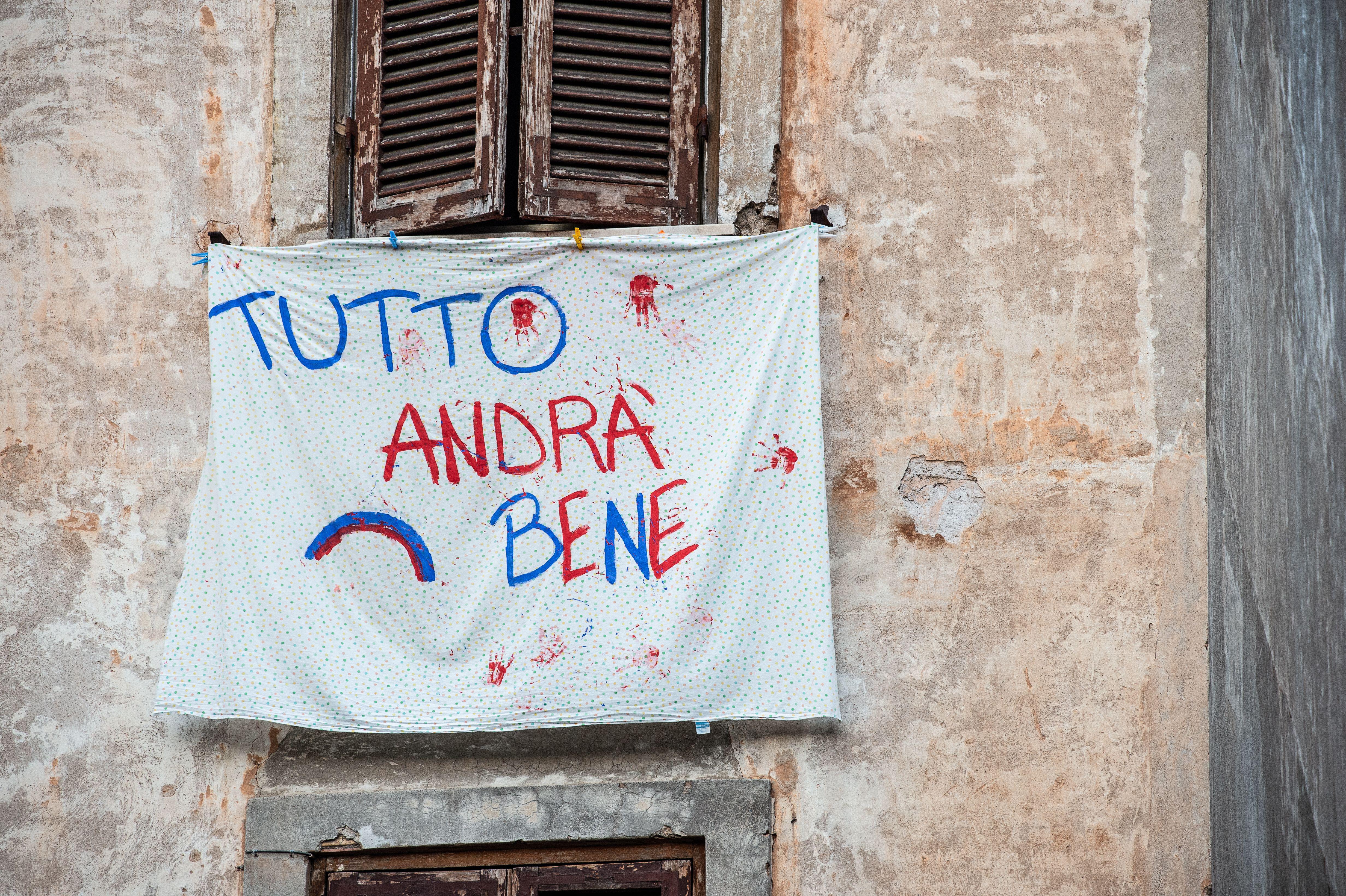
Before lockdown began for the whole of Italy on 9 March, Prime Minister Guiseppe Conte said that authorities would be using “all human and economic resources” to contain the virus.
Rosa Melfi is a student in Rome, separated from her family who live in the south of Italy.
“Yesterday for the first time since the lockdown, I went outside (wearing a mask that covers my nose and mouth; everyone outside has one) because I needed to buy some food. There’s a huge queue outside the supermarket, because only a limited amount of people can be inside at the same time. When you go in, they tell you to wear plastic gloves in order to prevent contagion.
“I believe that this [lockdown] is just a small sacrifice though, compared to the one doctors and nurses are making. In general, my country reacted really positively to the lockdown. Like elsewhere in Italy, in my neighbourhood we started to sing on the balconies and through the windows. There is a guy with a very loud speaker and since the beginning of the lockdown, every day at 6pm he plays music for around one hour. This is the happiest moment of the day. Everyone is singing from the windows and balconies, applauding after every song and screaming “again again again”. The social network sites are full of new challenges with the hashtag #stateacasa (stay at home) and #andràtuttobene (everything will be fine). You can also read them from the banners on the balconies.
Parenting advice, hot topics, best buys and family finance tips delivered straight to your inbox.
“Because of the lockdown now I’m really understanding the meaning of freedom, because I don’t have it anymore. Like the meaning of a hug and of a kiss. I miss the normality. I miss going outside and having a coffee. I miss my daily routine. In a society where everything used to be super-fast, now we have all this time and we don’t know how to use it.
“I’m proud to be part of a country that without hesitation, when the situation started to get worse, decided to sacrifice their freedom in order to save the weakest and oldest part of the population. I’m also proud to live in a country where the test for the virus is done for free, for everyone who is suspected to have the virus, no matter if he or she has symptoms.”
Spain
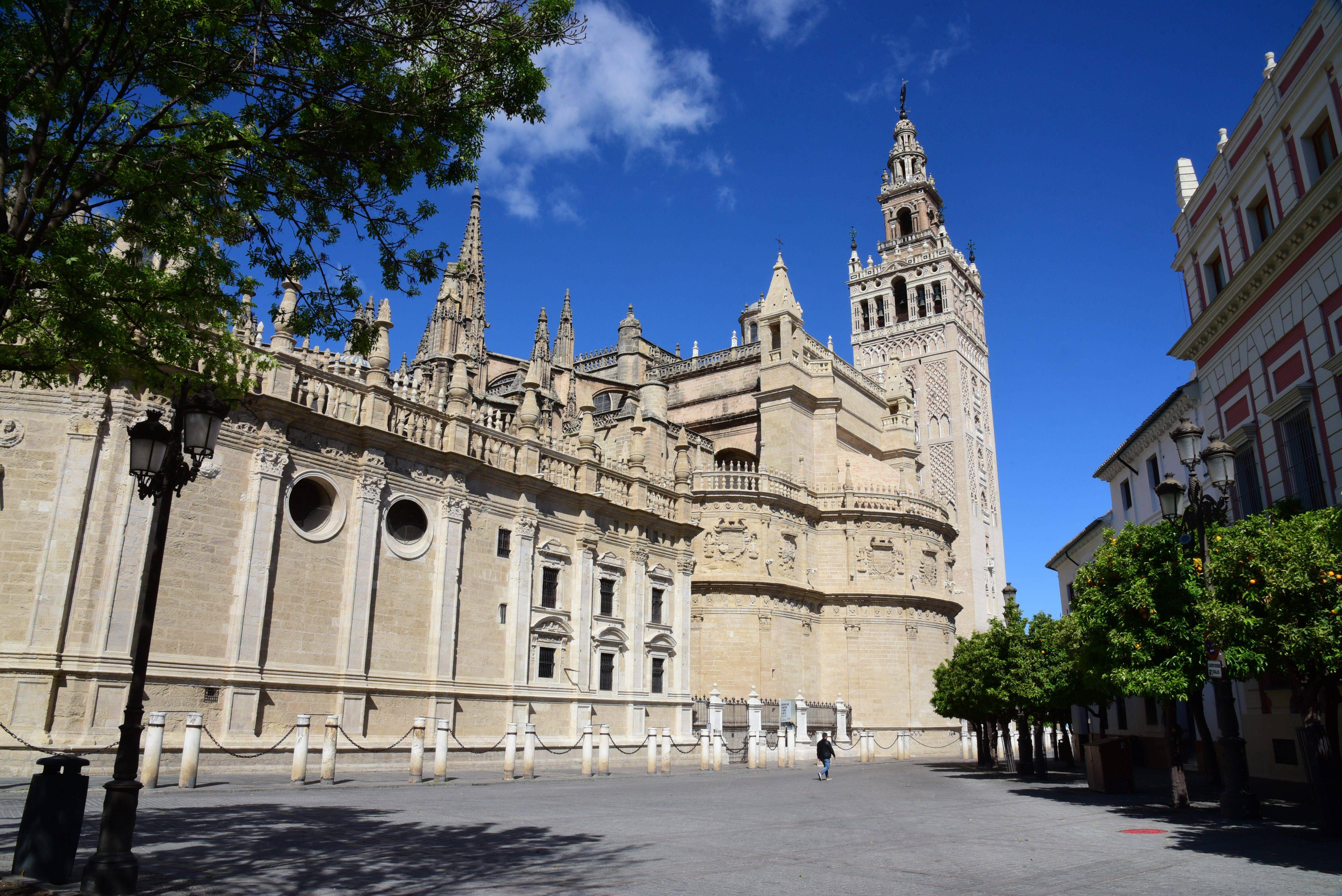
Spain went into complete lockdown on Monday 16 March, with strict measures in place to combat the virus. It was announced last week that the lockdown is set to last until Easter, at least.
Suzanne McKay moved to Spain from the UK last year. She lives in Seville by herself.
"It's a strange feeling. It doesn't feel real, but it obviously is - because I am living it! I am managing to keep in high spirits despite everything. I am trying to see it as an opportunity to spend a good two weeks working on myself. I have been doing plenty of studying, meditating and exercise - you have to try and find the silver linings where you can and, for me, it's the extra time I have now for studying Spanish (although I can't actually practice any of it!)
"Here, every night at 8pm since the lockdown began, everyone goes out onto the balconies and terraces and gives a round of applause for all the medical and other essential staff that are all working so hard at the moment to try and bring us all out of this. So at 8pm I go out and there is just clapping and cheering all round the streets. The neighbours behind me blast out a different song each night - that gives you a sense of community and solidarity and shows other people are going through the same thing as you, and it actually does do a lot to keep your spirits lifted.
"The other day there was a child on one of the roof terraces opposite me playing a recorder, so I went out to listen. After each song I was giving him a round of applause and we were both laughing. That was quite a sweet moment and again gives you a warm feeling; some relief from what's going on.
"The thing I miss the most is having a laugh with people. You don't tend to laugh too much when you are constantly alone. And also the atmosphere of the streets. Before all this kicked off I was starting to get pretty excited about the coming months; the springtime is the best time in this city. I was getting really excited for the year ahead. But obviously now all that has disappeared.
"I think the difficult thing is, no one knows exactly when they are going to be able to resume their lives again and whether the year we all had planned can go ahead as we had hoped. I thought the continued uncertainty over Brexit was bad, but this is definitely on another level!"
France
France went into lockdown on Tuesday 17 March with President Emmanuel Macron announcing that the public’s movements would be “severely limited”.
Mathieu Polge is a Strategy Consultant in Paris, and moved back into his parents’ flat before the lockdown began.
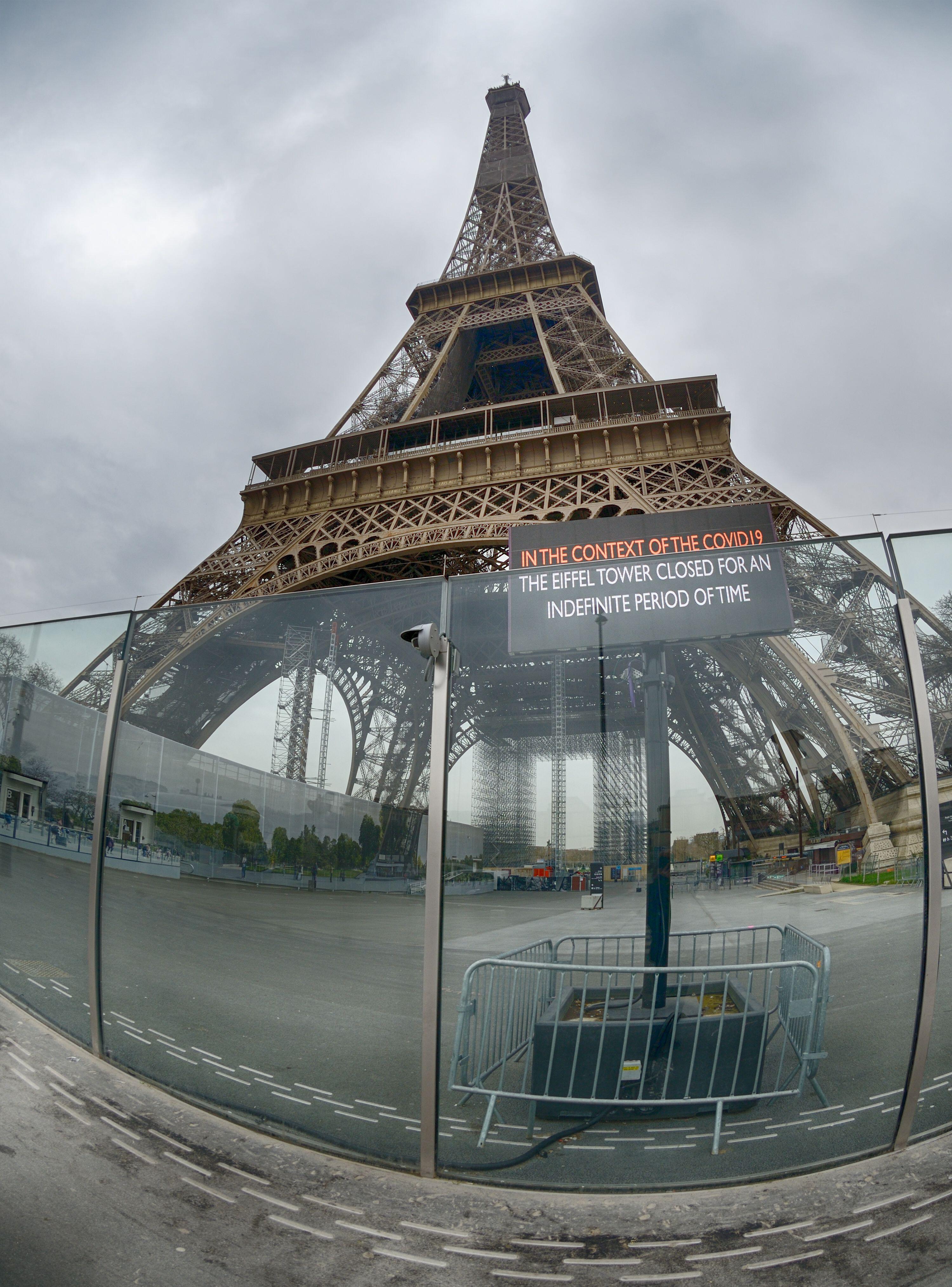
“It moved so quickly. On Monday [16 March], the President said we would be on full lockdown from Tuesday at noon. From Tuesday, if you didn’t have a written note saying why you were allowed to walk in the street you could be fined 35 euros. Then, the following day, it changed to 138 euros. The note is a paper you can find on the government website. You fill in your details and tick one of four options about why you’re leaving your home. One of them is to buy food and essentials, another is if you have to go to work. The third is if you’re helping someone like a grandparent. The fourth one is more controversial. You can leave your place to do some exercise. People have been abusing that a bit, going for 10km runs and to the beaches and next to the Seine to enjoy the sun.
“During these first few days of lockdown, people have been observing it quite strictly, but you have a fair few people who have been trying to trick the rules, which is a very French thing to do! So that’s the main issue. They are going outside for no good reason, so they [the government] have started to block people from just going to the beach or to the Seine. They have closed down all the parks as well.
“The people still going to work are those that work for the government, the energy sector, banks, food shops, takeaways, taxis – basically people essential to making sure that people can feed themselves. The public transport is still running for the doctors and nurses to be able to get to work. Some companies like factories are still going to keep the economy running.
“I’m feeling good so far. It’s only the first week, so it’s not like people are depressed and everything. But reality is starting to sink in. The government have started to communicate that the lockdown is going to be more than two weeks and people have been reading the news from Italy, as well that the lockdown will extend beyond April 3. I think we’re in it for the long haul."
What does lockdown mean and what's going to happen in the UK?
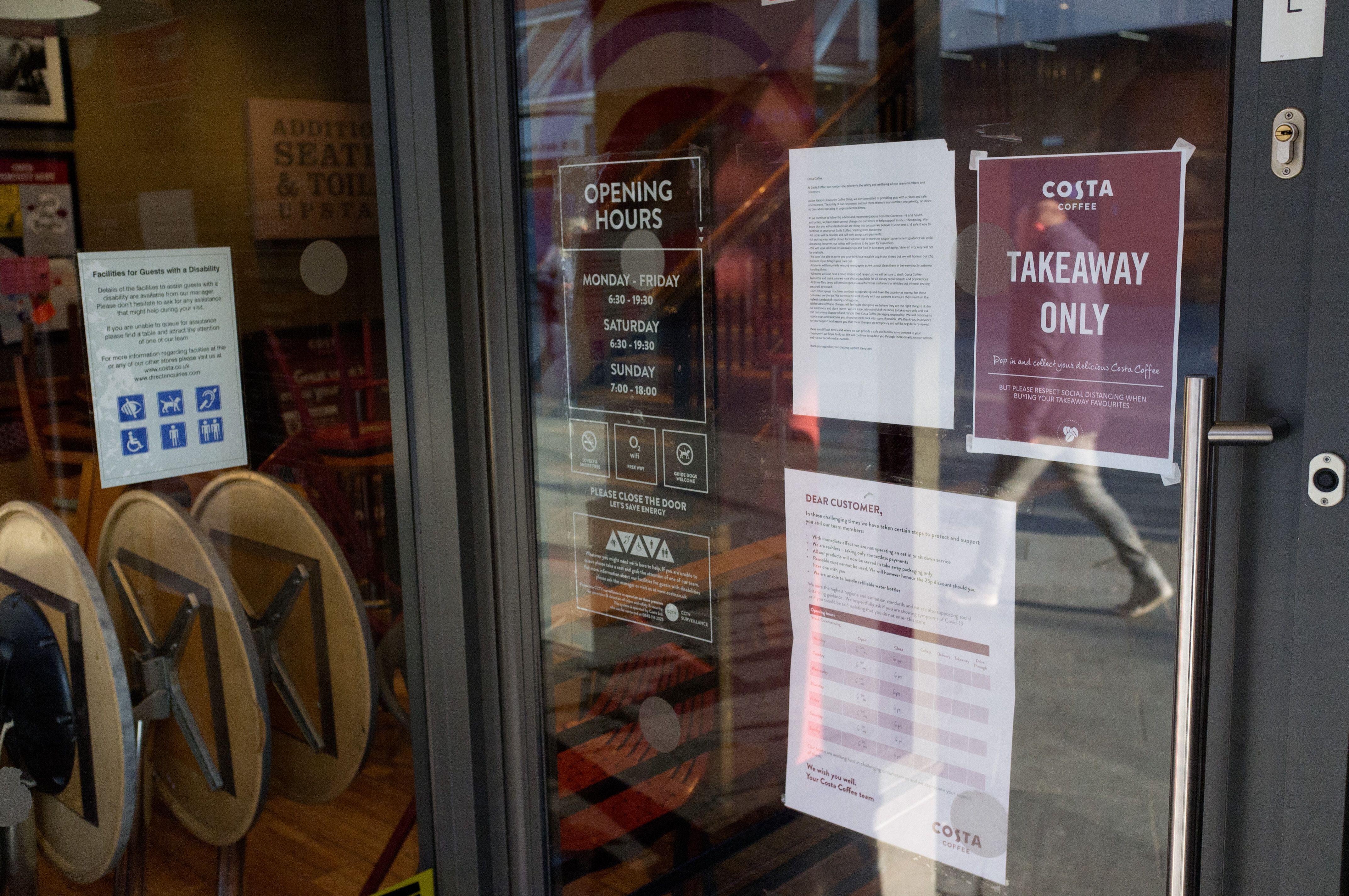
A lockdown is an emergency protocol that prevents people from leaving a certain area. During lockdown, you must not enter or exit the building that you're in, except in the case of grocery shopping or going to a pharmacy for essential medical supplies. Banks and other vital services, like public transport, may still function in order to help the emergency - 'key' - workers to get to and from work.
Restrictions under lockdown
- You may go outside to exercise, but only once a day.
- All public spaces, except those with outdoor gyms, playgrounds and sports courts, remain open for exercise but any groups will be disbanded by the police.
- Reduced public transport services, now already underway, see services only available to key workers.
- All non-essential shops are closed, with only grocery shops, pharmacies and other "essential" shops open.
- Religious places of worship have now been closed across the UK.
- There will be a police or military presence, to ensure civilians are adhering to lockdown restrictions.
- Fines have been introduced, for those who break the rules.
Last week officials were quick to shutdown rumours that public transport services would be stopped and public spaces would be closed. They even encouraged people to go out for fresh air - advice that has now been criticised by some health professionals as "confusing", as hoards of people broke social distancing rules by congregating in open spaces over the weekend.
While there has been a reluctance for the UK to go into lockdown, events over the weekend have forced PM Boris Johnson to reconsider. He said on Sunday [22 March], “We need to think about the kinds of measures that we’ve seen elsewhere, other countries that have been forced to bring in restrictions on people’s movements altogether.”
Following criticism for the Prime Minister's slow reaction to the outbreak, Sky News reported yesterday [23 March] that Boris Johnson is attempting to rush through new laws to prevent the spread of the virus. The Coronavirus Bill is being approved, and it includes more powers given to the police to detain suspected carriers of the virus, registering retired doctors and nurses or medical students, closing ports and airports and new restrictions on food shopping in supermarkets.

Grace Walsh is a health and wellbeing writer, working across the subjects of family, relationships, and LGBT topics, as well as sleep and mental health. A digital journalist with over six years experience as a writer and editor for UK publications, Grace is currently Health Editor for womanandhome.com and has also worked with Cosmopolitan, Red, The i Paper, GoodtoKnow, and more. After graduating from the University of Warwick, she started her career writing about the complexities of sex and relationships, before combining personal hobbies with professional and writing about fitness.